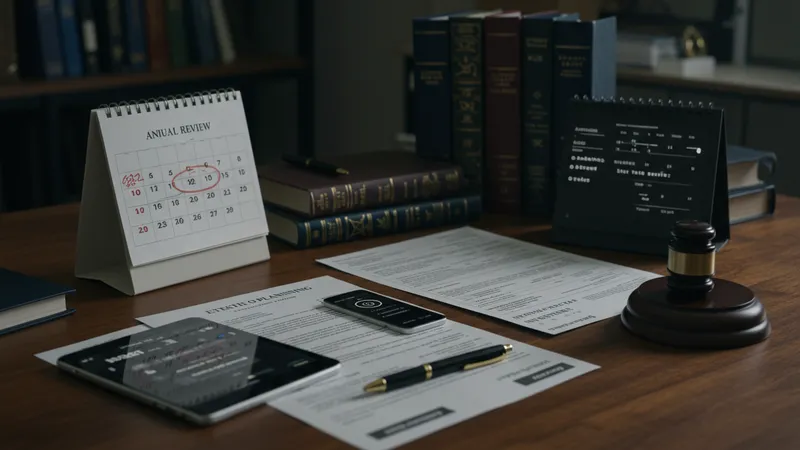
How Estate Planning Services Organize Wills And Trusts
Ongoing Reviews and Updates to Estate Plans
Life never stands still, and neither should an organized estate plan. U.S.-based estate planning services encourage or automate periodic reviews—typically every one to three years, or after major life events such as a birth, marriage, divorce, or substantial asset change. Platforms like Trust & Will send automated reminders, while law firms schedule annual check-ins with clients to ensure that all documents reflect current wishes.

This commitment extends to legal compliance. State and federal estate laws change frequently, affecting requirements for witnesses, notarization, and even digital signatures. Estate planning services monitor these regulations and prompt clients to make any necessary amendments to existing wills or trusts, maintaining organizational integrity and legal validity without extra hassle.
Organizing updates doesn’t just help with compliance—it empowers families to respond to evolving dynamics. For instance, if a family welcomes a new member or wishes to adjust charitable bequests, changes can be made easily and systematically. Secure platforms log every adjustment and maintain archived versions for future reference, ensuring transparency and clarity for both clients and beneficiaries.
Ultimately, the process of organizing wills and trusts in the United States is an ongoing collaboration between service provider and client. The combination of personalized service, technology, and legal expertise creates an adaptable system—one that reliably translates a client’s evolving wishes into a well-executed legacy. This concludes the in-depth look at how estate planning services achieve careful organization within the U.S. context.